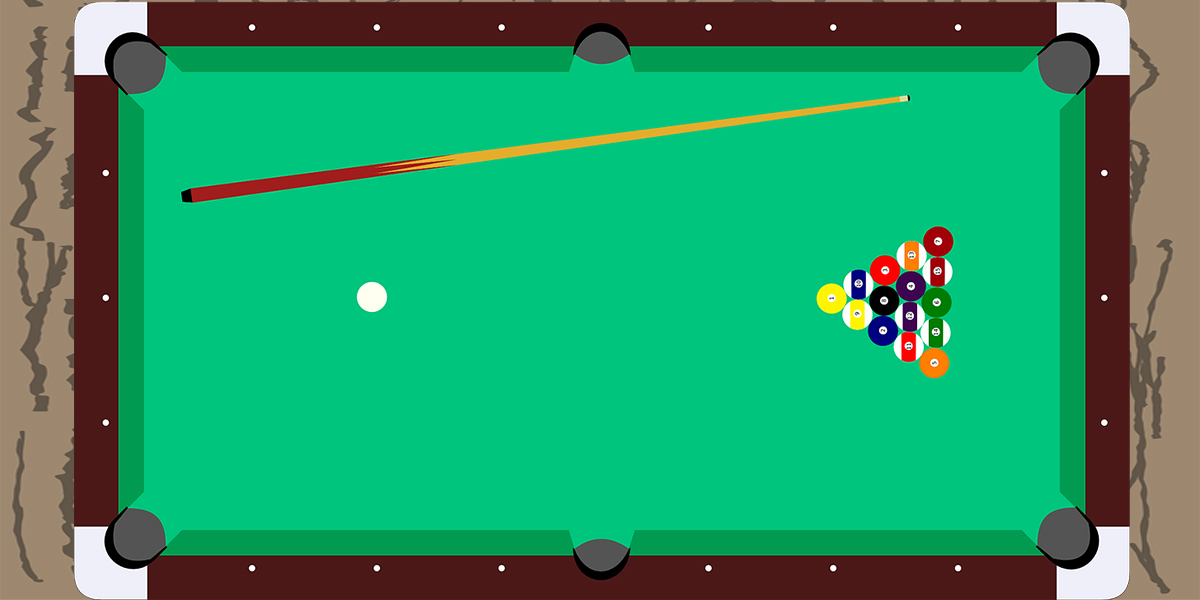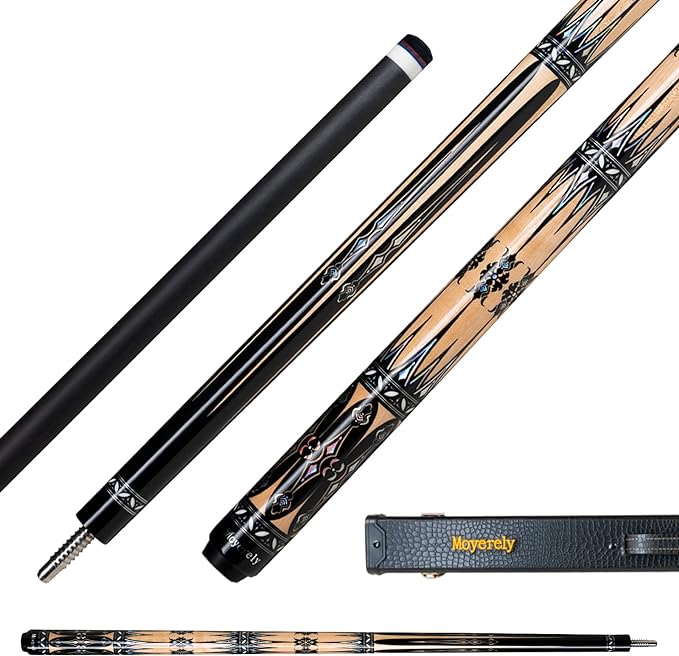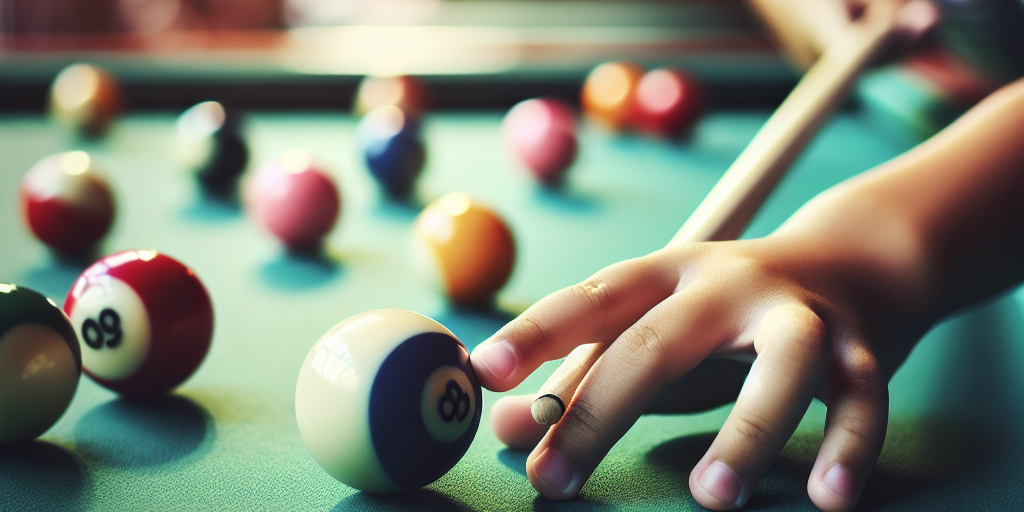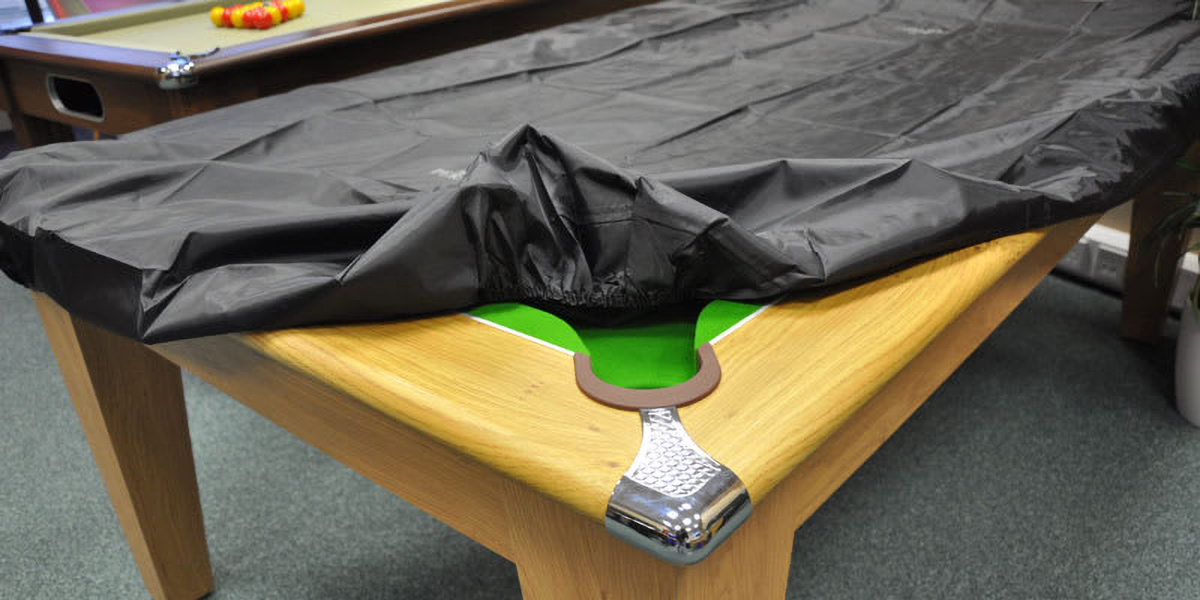Are you ready to dive into the world of regulation size pool tables? Whether you’re a seasoned player or just starting out, understanding the key details about these tables is crucial. From dimensions and weight to the materials used, this article will be your guide to navigating the world of regulation size pool tables. Get ready to up your game and impress your friends with your newfound knowledge!
History of Pool Tables
Origins of billiards
The origins of billiards can be traced back to ancient times, with games similar to pool being played by civilizations such as the Egyptians and the Greeks. However, it was during the 15th century in Europe that billiards began to evolve into its modern form. The game gained popularity among the nobility, and as a result, pool tables started to be introduced into royal courts and mansions.
Evolution of pool tables
During the early years, pool tables were constructed with a simple wooden frame and a cloth-covered playing surface. As the game grew in popularity, various refinements were made to the design and structure of the tables. The invention of the cue stick in the 18th century revolutionized the game, leading to the need for stronger and more durable pool tables.
Introduction of regulation size tables
The concept of regulation size tables was introduced in the late 19th century as a way to standardize the game of pool. These tables were designed to meet specific dimensions and specifications to ensure a consistent playing experience. Regulation size tables quickly gained recognition and became the norm in professional tournaments and pool halls worldwide.
Understanding Regulation Size
Dimensions and specifications
In order to be considered a regulation size table, the dimensions must adhere to certain specifications. The standard length of a regulation table is 9 feet, while the width is 4.5 feet. The height is usually around 31 inches. The playing surface of a regulation size table is made of a slate bed covered with high-quality billiard cloth, providing a smooth and consistent roll of the balls.
Standard materials used
Regulation size pool tables are typically constructed using high-quality materials to ensure durability and stability. The frames are made of hardwoods such as oak or maple, providing a sturdy base for the table. The playing surface is usually made of slate, which is known for its flatness and excellent ball roll. The cloth used for covering the slate is specially designed for billiards, allowing the balls to roll smoothly and providing optimal control.
Benefits of playing on regulation size tables
Playing on a regulation size table offers numerous benefits for players of all skill levels. The dimensions of the table provide ample space for strategic shot-making, allowing players to experience the game as it was intended to be played. The slate surface ensures a consistent roll and bounce of the balls, while the high-quality cloth reduces friction and allows for better cue ball control. Additionally, playing on a regulation size table allows players to develop their skills and techniques to prepare for competitive play.
Different Types of Pool Tables
Slate vs. Non-slate tables
One major distinction among pool tables is the use of slate or non-slate playing surfaces. Slate tables are considered the superior choice due to their excellent durability, flatness, and optimal ball roll. They are commonly found in professional tournaments and upscale establishments. On the other hand, non-slate tables are often made of materials such as MDF or honeycomb, which provide a more affordable alternative but may not offer the same level of playability and longevity.
Coin-operated vs. Home tables
Another classification of pool tables is based on their intended use. Coin-operated tables are primarily found in commercial venues such as bars, arcades, and pool halls. They require players to insert coins to play and often feature sturdy construction and built-in mechanisms for ball retrieval and coin collection. Home tables, on the other hand, are designed for personal use and are available in various styles and sizes to suit different spaces and budgets.
Outdoor vs. Indoor tables
While most pool tables are intended for indoor use, there are also outdoor pool tables specifically designed to withstand the elements. These tables are constructed with weather-resistant materials and are built to withstand exposure to rain, sun, and other outdoor conditions. Outdoor pool tables are a popular choice for backyard entertainment areas or commercial outdoor spaces such as resorts or cruise ships.
Choosing the Right Pool Table
Considerations before buying
Before purchasing a pool table, there are several important factors to consider. Firstly, it is crucial to determine the intended use of the table, whether it will be for professional play, recreational use, or personal home use. Next, budget plays a significant role in decision-making, as pool tables can range from affordable options for casual players to high-end options for serious enthusiasts. Additionally, the available space should be carefully considered to ensure the chosen table fits comfortably within the designated area.
Determining available space
Measuring the available space is crucial when choosing a pool table. To determine the ideal size, it is recommended to allow for at least 5 feet of clearance around the table to ensure comfortable gameplay. This includes accounting for the length of the cue stick when making shots. It is important to consider factors such as doorways, furniture, and obstructions that may impede the placement of the table.
Budget options for regulation size tables
While regulation size pool tables are often associated with high costs, there are budget-friendly options available. Some manufacturers offer more affordable models without compromising on quality, using alternative materials for the frame or playing surface. Additionally, purchasing a used table or considering financing options may be a viable solution for those with budget constraints. Researching different brands and considering various pricing options will help find a regulation size table that suits both the budget and desired playing experience.
Maintenance and Care
Cleaning the playing surface
Regularly cleaning the playing surface of a pool table is essential for maintaining its longevity and optimal playability. It is recommended to brush the table using a specialized pool table brush, which helps remove dust, chalk particles, and other debris from the cloth. Additionally, a vacuum cleaner attachment can be used to gently remove larger debris. It is crucial to avoid using abrasive cleaners or excessive moisture, as this can damage the cloth and affect the ball roll.
Taking care of the cushions
The cushions, also known as the bumpers, are an integral part of a pool table as they provide the necessary rebound for the balls. To preserve the cushions’ effectiveness, it is important to regularly clean them and ensure they are free from debris. It is also recommended to periodically check the cushions for any signs of wear or damage, such as loose rubber or hardened surfaces. If necessary, professional cushion replacement or repair may be required to maintain optimal gameplay.
Maintaining the table’s stability
To ensure the stability of a pool table, regular maintenance is required. This includes checking and tightening any loose bolts or screws in the frame. It is also crucial to periodically inspect the levelness of the table and adjust it if necessary. Uneven table surfaces can greatly affect gameplay, leading to shots going off course or balls not rolling accurately. Using a specialized bubble level or seeking professional assistance can help ensure the table remains stable and level over time.
Accessories and Equipment
Pool balls and cue sticks
In addition to a pool table, several essential accessories are required to play the game. Pool balls are at the heart of the game, and having a high-quality set is crucial for optimal gameplay. Cue sticks, which are used to strike the cue ball, come in various lengths and weights to cater to different player preferences. It is important to invest in well-made balls and cues to enhance the playing experience and ensure durability.
Racks and triangle setups
Racks and triangle setups are used to arrange the balls into a specific formation at the beginning of each game. Traditional triangular racks are commonly used, with various sizes available to accommodate different pool ball sets. Other specialized racks, such as diamond racks used in certain game variations, can also be utilized. It is important to choose a rack that is compatible with the table size and game being played.
Chalk and other essential accessories
Chalk is used to enhance the grip and control of the cue tip on the cue ball. It is important to choose a high-quality cue chalk that adheres well and does not leave residue on the balls or the table cloth. Other essential accessories include bridge sticks, which are used to extend reach for shots that are difficult to reach, and cue tip shapers to maintain the tip’s shape and condition. Having a dedicated storage system for all accessories is also recommended to keep them organized and readily accessible.
Setting Up a Regulation Size Pool Table
Choosing the ideal location
Selecting the ideal location for a regulation size pool table is crucial for ensuring an enjoyable playing experience. It is recommended to choose a space that is free from excessive noise and distractions, as these can affect concentration and gameplay. Additionally, the area should have adequate lighting to ensure good visibility of the table and balls. Considering factors such as ventilation and temperature control is also important for maintaining the table and cloth in optimal condition.
Ensuring proper leveling
Proper leveling is essential for a regulation size pool table to provide an accurate and fair playing surface. Uneven surfaces can cause balls to roll off course or favor certain areas of the table, resulting in an unfair advantage. Using a specialized bubble level, the table should be adjusted to ensure that all sides are level and no noticeable slopes or dips exist. It is recommended to seek professional assistance for accurate and precise leveling, especially during the initial setup or when moving the table to a new location.
Assembling and installing the table
The assembly and installation process of a regulation size pool table can be complex and require a certain level of skill. It is recommended to carefully follow the manufacturer’s instructions and seek assistance if needed. The table frame is usually constructed first, followed by the installation of the slate playing surface. Once the slate is properly aligned and secured, the cloth is stretched and attached to provide a smooth and even playing surface. It is crucial to take the necessary time and care during this process to ensure the table is properly assembled and ready for play.
Rules and Regulations
Different pool game variations
Pool offers a wide range of game variations, each with its own set of rules and strategies. Some popular variations include Eight-ball, Nine-ball, Straight Pool, and Snooker. Each game has specific rules regarding the order of ball potting, scoring, and fouls. It is important for players to familiarize themselves with the rules of the game they are playing to ensure fair and enjoyable gameplay.
Understanding common rules
While pool game variations have unique rules, there are also common rules that apply to most games. These may include rules regarding scratching (potting the cue ball), fouls, and illegal shots. Familiarizing yourself with the basic rules of pocketing balls, maintaining proper etiquette, and avoiding fouls is essential for fair and sportsmanlike gameplay.
Etiquette and sportsmanship
Maintaining proper etiquette and sportsmanship is crucial when playing pool. This includes respecting your opponent, refraining from excessive celebration or taunting, and adhering to the rules and traditions of the game. Good sportsmanship fosters a positive and enjoyable atmosphere for all players involved, promoting fair competition and camaraderie.
Common DIY Repairs
Fixing table felt issues
Over time, the felt on a pool table may develop issues such as tears, loose edges, or excessive wear. Small tears or loose edges can often be repaired using a pool table repair kit, which includes adhesive and patches specifically designed for pool table felt. For more extensive repairs, such as replacing the entire felt, it is recommended to seek professional assistance to ensure proper installation and optimal playability.
Repairing loose pockets
Loose or damaged pockets can greatly affect the gameplay experience. If a pocket is loose, it may need to be reattached or tightened to ensure the balls are properly caught and retained. This can often be done by accessing the pocket hardware through the table’s frame and making the necessary adjustments. However, if a pocket is severely damaged or beyond repair, it may need to be replaced entirely.
Adjusting level and balance
Maintaining proper table level and balance is crucial for accurate gameplay. If a table becomes unlevel due to factors such as settling or changes in temperature and humidity, adjustments may need to be made. This can often be done using adjustable leg levelers located at the base of the table. It is important to follow the manufacturer’s instructions or seek professional assistance to ensure precise and accurate leveling.
Professional Pool Tables
Tournament-grade tables
Professional pool tables, also known as tournament-grade tables, are designed to meet the highest standards of playability and durability. These tables often feature a slate playing surface, high-quality cloth, and sturdy construction. They are built to withstand the rigorous demands of professional tournament play, providing an exceptional playing experience for top-level competitors.
Customization options
One advantage of professional pool tables is the ability to customize various aspects. Players can choose from a wide range of cloth colors and patterns to personalize the look of their table. Additionally, custom options for frame design, pockets, and rail materials allow players to create a unique and tailored table that suits their specific preferences and style.
Cost and benefits
Professional pool tables typically come with a higher price tag, reflecting their superior quality and craftsmanship. However, for serious players and enthusiasts, the benefits outweigh the cost. The exceptional playing experience, superior durability, and customization options make these tables a worthwhile investment for those looking to take their game to the next level.
In conclusion, the history of pool tables dates back centuries, with the game evolving and becoming more popular over time. Regulation size tables were introduced to standardize the game and provide a consistent playing experience. Understanding the dimensions, materials, and different types of pool tables can help in choosing the right table for individual needs and preferences. Proper maintenance and care are important for preserving the longevity and playability of a pool table, and having the right accessories and equipment enhances the playing experience. Setting up a regulation size pool table requires careful consideration of location, leveling, and assembly. Familiarity with the rules, good sportsmanship, and knowledge of common DIY repairs are also essential. Professional pool tables offer the highest level of quality and customization options for serious players and enthusiasts. With the right table, equipment, and knowledge, you can enjoy the wonderful world of pool to its fullest.




